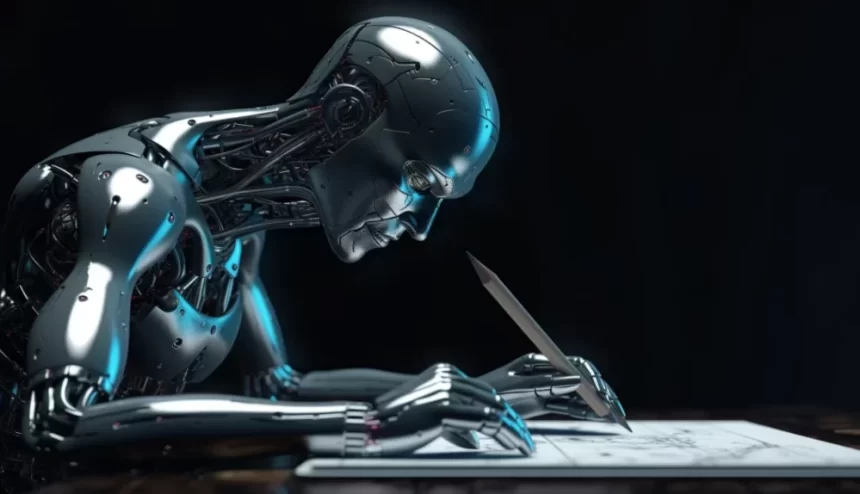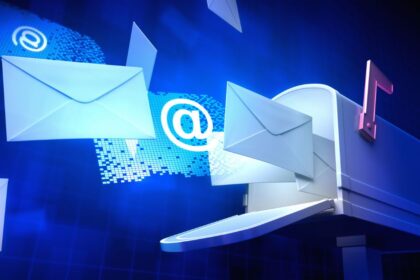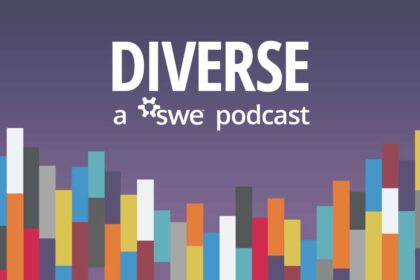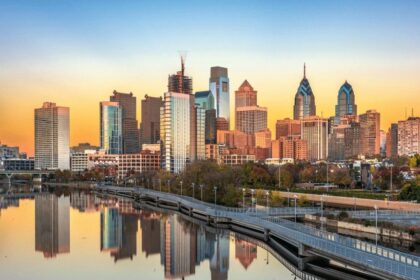The realm of poetry is undergoing an incredible metamorphosis now with the emergence of AI-powered poetry generators. These creative machine learning models are the dawn of the era in which humans combine their artistry with the might of technology and ensure the limitless advancement of the boundaries of creative expression. The gap between AI-produced poetry and human-written poetry is narrowing as AI advances. The case for AI-generated poetry to become revolutionary in the context of art becomes more transparent with the pace of AI.
In this blog post, we will unravel the AI poetry generators, exploring the technology behind them and the artistic way these generators are. To be fair, this investigation will also consider the ethical aspects of using AI in poetry and determine the possibility of this fascinating combination of art and technology.
The Technology Behind AI Poetry Generators
Fundamentally, AI poetry generators operate on NLP (natural language processing) algorithms and machine learning models that are very advanced. These systems are taught on datasets large enough to cover broad scopes of poetry, helping them spot poetry’s typical patterns, structures, and linguistic characteristics.
Forming AI-written poetry is a rather complex procedure consisting of language models, neural networks, and creativity algorithms. Recourse to AI poetry generators is directed at unveiling language as an outcome of the interplay of semantic and syntactic relationships, enabling them to create coherent, meaningful, and sometimes even unbelievably poetic texts.
The Artistic Potential of AI-Generated Poetry
Through the making of AI verse generators, there has been an indicative of new territories for creative expression worldwide. Thus, Bot summoned a new form of poetry, an unusual merge of human and machine imagination never presented before. AI-generated poems present personalized and customized opportunities to readers for poetry appreciation, offering customized options to individuals who show their preferences and inspirations.
AI poetry generators will also act as great collaborators for a human poet as AI is not just competent in writing poems but might also serve as a great source of inspiration for the poet to discover new paths in the artistic world. AI can generate verses of poems, but with its analytical skills and the empathy and insights of human poets, the art of verse can be spread to new levels.
Ethical Considerations
Alongside the genuine advancement in AI poetry, the technology proclaims a series of ethical issues that deserve special attention. Weave not only the realness in the calligraphy of AI poetry but also the questions of provenance and the maker. Along with this, there arises a doubt about bias and portrayal in AI-generated poems that need to be scrutinized, avoiding that they reinforce or increase the effect of societal biases.
With AI becoming cleverer and more proficient in poetry generation, there will not be a clear distinction between artificial and human poets. The intricate nature of this system, though, needs a complex and delicately crafted strategy that will adequately compensate for the advantages of AI while at the same time preserving human involvement in the art of poetry.
The Future of AI Poetry
AI technology is on the verge of improvements, and the future of AI poetry will be fascinating like never before. It is very soon to be expected that Artificial Intelligence will use deep-level natural language processing, machine learning, and newly created generative models to develop more complex and high-quality poetry generators. Humans might find an enhanced ability to acquire fantastic empathy, artistic nuances, distinctively complicated metaphors, and the production of lyricism through these tools.
Conclusion
Through AI poetry generators, technology, which fortunately works amazingly, illustrates its impact on art. These tools change how we create poetry in Flash and how humans experience literature. Secondly, they challenge us to reflect on the essence of creative expression.
While AI-generated poetry is an ongoing example of embracing the innovative potential of technology, we must also tackle the ethical implications and retain the human traits of this continually evolving form of art.








